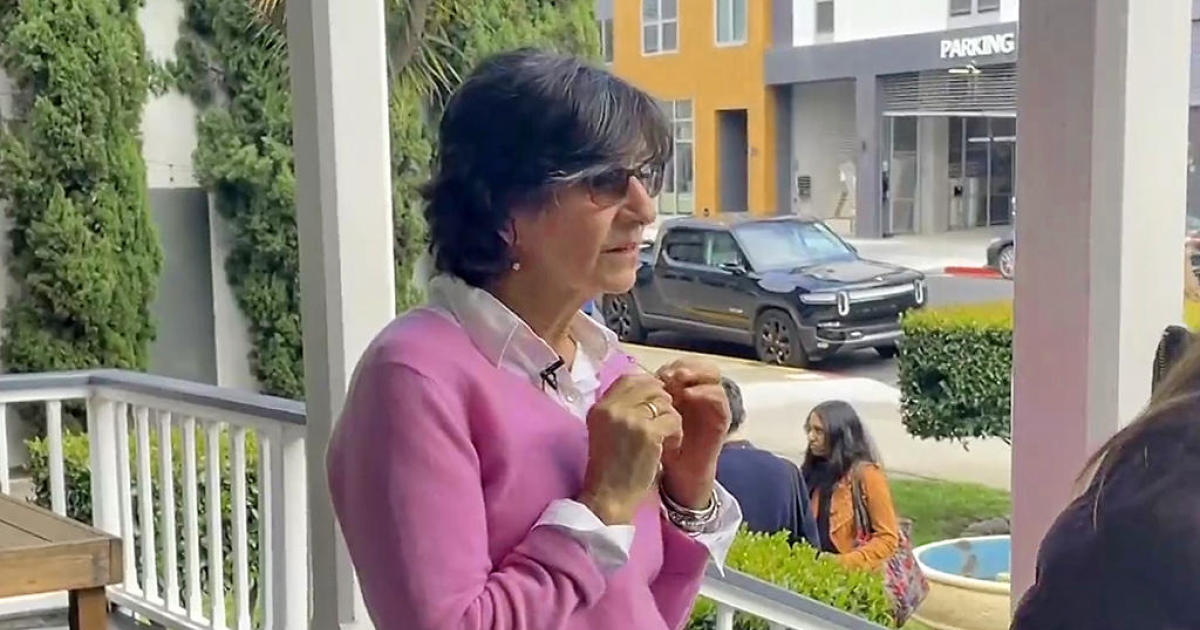California Bill Would Halt Practice Of Pharmaceutical Industry Gifts To Doctors
SAN FRANCISCO (CBS SF) -- The common practice of doctors accepting gifts from drug manufacturers may soon come to a screeching halt in California following passage of a bill Thursday in the state Senate.
The Senate bill, which now moves on to the Assembly, would restrict pharmaceutical companies from providing flights, travel, speaking fees, meals, consulting payments, entertainment and other economic benefits to health care providers in the state.
The bill comes following a slew of studies that found such gifts impacted whether doctors prescribed generic or more costly brand-name drugs to their patients.
Among the most recent, a 2016 University of California, San Francisco study found "receipt of industry-sponsored meals was associated with an increased rate of prescribing the brand-name medication that was being promoted."
The bill aims to "put patient care and drug affordability before corporate profits," according to state Sen. Mike McGuire (D-Healdsburg), the bill's author.
Eight other states and the District of Columbia already have laws banning or restricting gifts by the pharmaceutical industry.
The bill will expand current state law that requires drug companies to explicitly specify an annual dollar limit on gifts and requires them to post that amount on their websites. But the dollar amount is left up to the company to decide.
For instance, BioMarin Pharmaceutical Inc., which is headquartered in Marin County, has set a $5,000 cap for gifts that the company can give to any one health care provider in a calendar year.
South San Francisco-based Genentech and Foster City-based Gilead both decided on a $2,000 cap.
Novartis decided on $2,500, while Bayer decided on $1,500.
McGuire maintains that the bill will also mitigate problems including, "risks to patient safety associated with unnecessary drug prescriptions, drug cost increases borne by the patient, less availability of generic drugs, and less attention paid to evidence-based prescribing."
Under the proposed law, companies found giving gifts would be ordered to pay up to $10,000 for each separate violation.
The bill has a number of opponents, including the California Medical Association, the Biotechnology Innovation Organization, the California Life Sciences Association and Pharmaceutical Research and Manufacturers of America.
Biotechnology Innovation Organization states that it is concerned the bill could encumber important interactions between biopharmaceutical manufacturers and health care practitioners.
Pharmaceutical Research and Manufacturers of America states that it knows of no recent problem that has surfaced which would give rise to such legislation.
The bill passed 23-13 in the Senate, with all votes in favor cast by Democrats and all 13 dissenting votes cast by Republicans.
By Hannah Albarazi - Follow her on Twitter: @hannahalbarazi.



